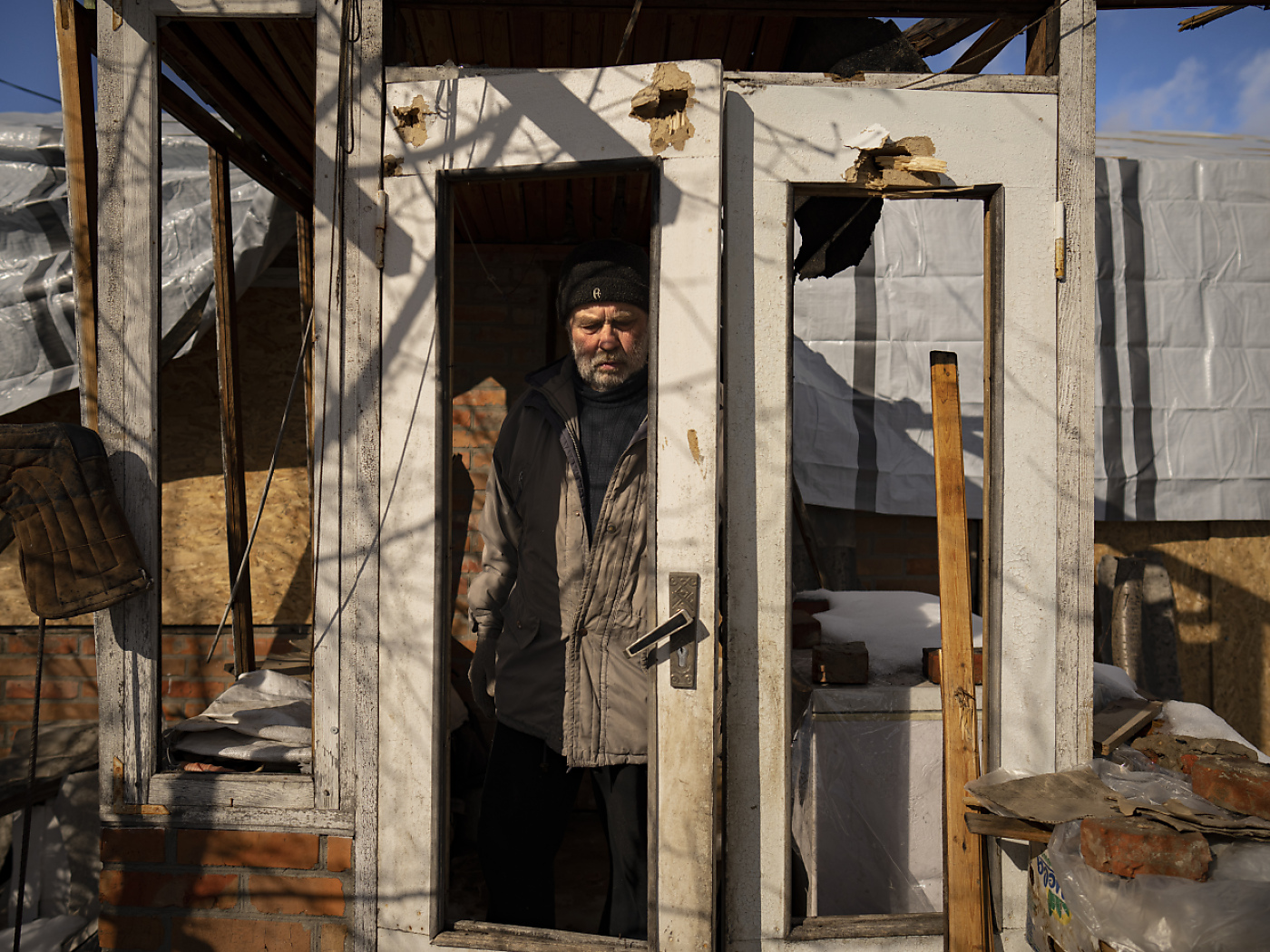Swiss health insurers want federal government to oversee hospitals

The federal government should be responsible for Swiss hospitals, not the cantons, according to Martin Landolt, president of the health insurers association Santésuisse. The news that health premiums for 2024 will rise by an average of 8.7% next year has caused widespread consternation.
Landolt told the Tamedia newspaper group on Wednesday that he wants to launch a popular initiative on the hospital issue.
+ Switzerland braces for higher health premiums in 2024
The cantons are caught in a “gigantic conflict of interest”, said Landolt. As a result, Switzerland has “overpriced and unnecessary” hospitals, which are driving up healthcare costs.
“If decisions are made top-down, the emotional closeness is gone and the decisions become more objective,” said Landolt. He also believes that licences given to doctors should also be regulated at the national level.
Next year, Landolt plans to prepare a corresponding initiative and hold talks with party leaders, associations, and interest groups.
+ Government sees no need for health insurance for Swiss expats
The initiative would aim to ensure national planning and at the same time take “minimal regional needs” into account. Landolt also sees a solution to the shortage of skilled workers in national hospital planning. Overall, fewer staff would be needed, he said.
‘Little drive’
The representative of health insurance companies insists that insurers would not contribute to increasing Swiss healthcare costs. Rather, they would advocate for lower premiums.
According to Landolt, several actors are responsible for the 2024 increase in health insurance premiums by an average of 8.7%. “It is a cumulation of various political authorities that show little drive,” he said. He would have like to have heard Health Minister Alain Berset talk more strongly on this issue in the past, he added.
Next year’s health insurance premiums will see the biggest rise for over ten years. The decisive factor for the increase is rising costs, the Federal Office of Public Health announced on Tuesday. These have increased more than expected since the second half of 2021 and especially during 2023. More doctor visits and outpatient hospital services as well as more expensive medicines have caused the surge. In 2023, the premium income will not cover the costs of around CHF35 billion to the health insurance companies. That was already the case in 2022.
This news story has been written and carefully fact-checked by an external editorial team. At SWI swissinfo.ch we select the most relevant news for an international audience and use automatic translation tools such as DeepL to translate it into English. Providing you with automatically translated news gives us the time to write more in-depth articles. You can find them here.
If you want to know more about how we work, have a look here, and if you have feedback on this news story please write to english@swissinfo.ch.

In compliance with the JTI standards
More: SWI swissinfo.ch certified by the Journalism Trust Initiative























You can find an overview of ongoing debates with our journalists here . Please join us!
If you want to start a conversation about a topic raised in this article or want to report factual errors, email us at english@swissinfo.ch.